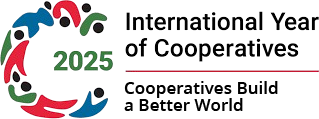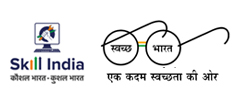Mode of workshop: HYBRID
Description:
Synthetic Biology is about looking at biological systems through the lens and formalisms of engineering. This results in a phenomenal tool to gain fundamental insights into the functions and molecular basis of biological phenomena as well as in a suite of technologies for programming biological objects at user’s will, from cells to new materials. The course will address such a double-sided ability of SynBio (for understanding and for doing) along with its potential not only to transform the health & agricultural sectors but also moving the current oil-based industry into a sustainable bio-based economy. The Course (quite centred but not limited to microbial SynBio) will include the following blocks:
1. The roots of Synthetic Biology. SynBio vs Genetic engineering. The 3 foundational papers of the field. The jargon of SynBio: Parts, devices, systems, modules, chassis, orthogonality, retroactivity.
2. The gene expression flow and its synthetic variants. Alternative genetic codes. Metrology, standards and standardization. PoPS and RIPS. Automated DNA assembly and foundries
3. Genetic circuits, logic gates and logic networks. The CELLO system. Genome engineering. Plasmid and transposon vectors. Assembly standards. MAGE and its variants. Triplet recoding and whole genome Synthesis.
4. Genome editing: CRISPR tools, base editors. Gene therapies. Metabolic engineering. CAD of new pathways and multi-objective optimization. Biosensors & Therapeutic strains.
5. Merging rational engineering with evolution: heterotic computing, genetic sampling of solution spaces. Leveraging intracellular architecture. Socio-economic ramifications. SynBio and SDGs. Scaling-up and biomanufacturing. Biomaterials and Engineered living materials (ELM).
6. Biosafety, biosecurity & IP. Genetic firewalls, containment. Barcoding & watermarking genomes. Global SynBio-based environmental interventions. Programming HGT. The 10 top challenges. CO2 capture, Galenics, scaling-up. Gene drives.
7. Microbiome engineering. Metabolic division of labour. 3D design of microbial partnerships. Biofilm engineering. Medical and environmental probiotics. Thinking big: bionic architecture. Earth Terraforming. Towards a new partnership with Nature. SynBio-based art and architecture.
The Program will be complemented with a daily journal Club and presentations of students’ projects.
Session dates: 2nd – 15th March, 2023
Time: 9am to 5pm
Last date of Registration:
Registration Deadline: February 15, 2023
Once registered, selected students will be intimated by e-mail.
Payment deadline: February 19, 2023


